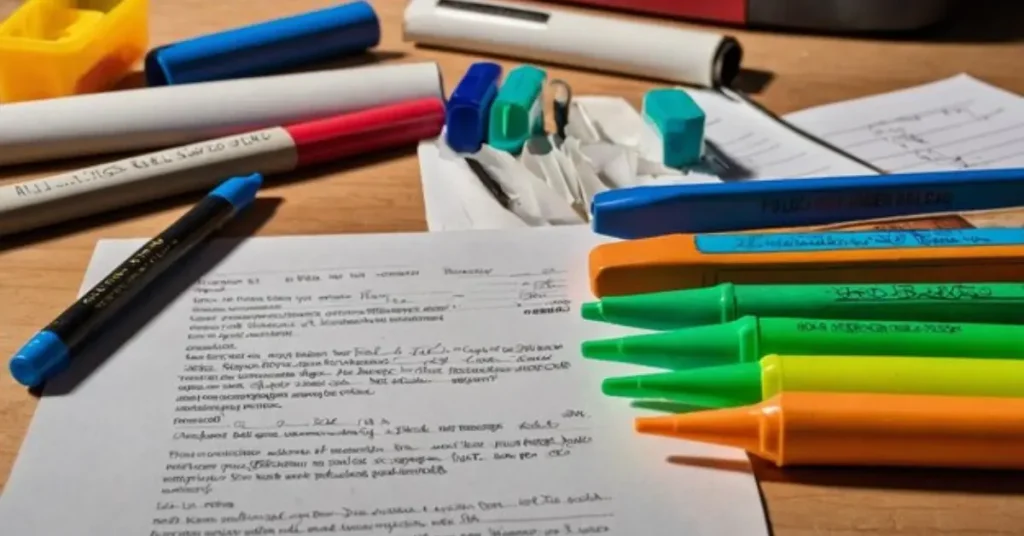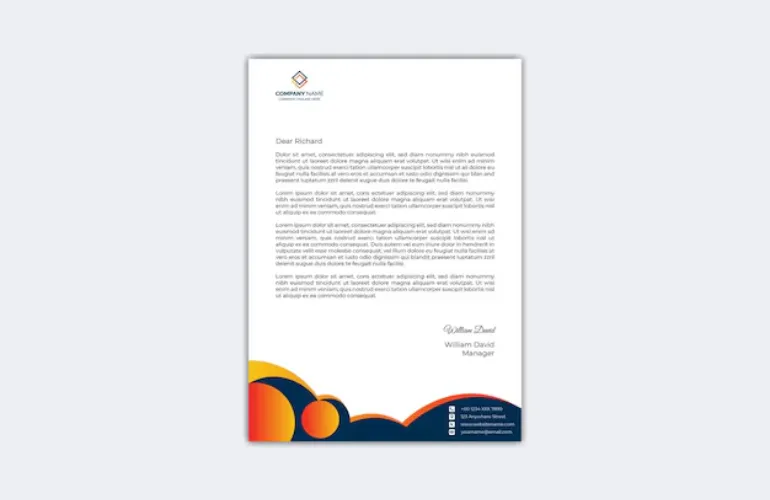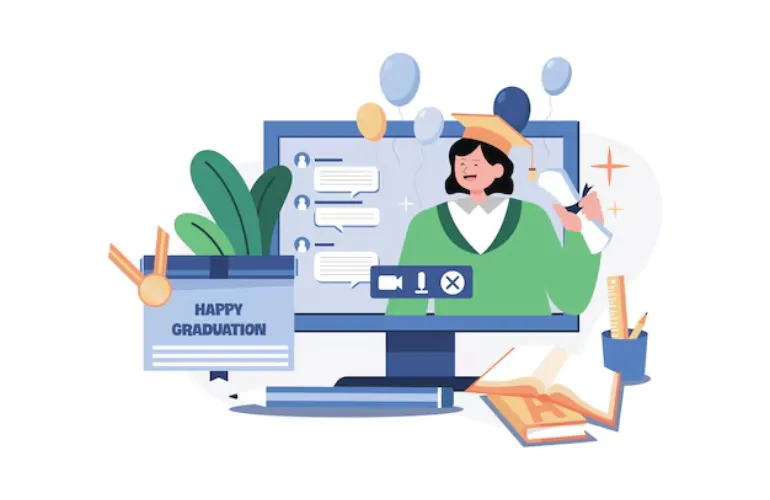Fundamental paper education is the cornerstone of traditional learning methods that have shaped generations of students. It involves writing on paper and use of paper made products in teaching / learning and assessment among school going children.
Nevertheless, the presence of so-called ‘classic’ paper education as such, the result of the interaction of technologies, is still a determining factor in the development of deep-felt knowledge, critical analysis, and knowledge retention. Writing on paper and reading from books also come handy in shaping up students’ minds as they try as much as possible to avoid using fingers. Because of this approach, the students are able to approach lessons in a more effective way and hence increase their academic achievements as well as learning capacity in their later years. Also read about Oliver Fundamental Paper Education.
The Role of Fundamental Paper Education in Academic Success
It can be also illustrated that the basic paper education plays an important role in academic achievement. Namely, when the students write, they cognitively work on information in a manner that enhances learning. In physically writing, one will be using his/her hands, seeing what he/she has written, and sometimes even feeling the paper among other things and this aids a lot in the process of enhancing the material being taught. It has been discovered that students that use hand to write notes are likely to understand and remember what was being taught in class and perform better in examinations as compared to the students using other methods of note taking. This is because handwriting enables students to process and rewrite the content in their own understanding hence have a proper. People also keep learning about Alice Fundamental Paper Education for their knowledge.
Furthermore, paper in education makes it easy to provide personalized learning experience to the learners. It also provides individual flexibility that the students can arrange the notes in a proper manner, emphasize the key points and read the content as many times as they wish. This flexibility helps them to have a better understanding of concepts and therefore perform better in their academics. Digital note taking is, however, limited to writing, which may only amount to copying information and as a result promotes shallow understanding.
How Fundamental Paper Education Supports Lifelong Learning
Lifelong learning can be defined as learning which takes place from the time an individual enters a given learning environment and continues to learn all through her or his life. This is basically accomplished by paper based education which enhances thinking, analytical and communication abilities. The act of interacting with paper-based material helps develop the mind, and think critically about lessons learned. It also minimizes the time they have to spend and enables them to ponder on what has been learnt, relate one concept to another and then gauge the extent to which the knowledge they have gained can be deployed practically. Also Read.

Basic infrastructural paper learning by which a person is trained to take notes effectively, comprehend what has been read and even look for ways and means of combining all the information they get across in their lifetime is very vital. These skills make it possible for people to keep on learning as well as coping with challenges in a volatile society. Whether it is career progression, learning a new craft or following the current daily issues in the global community, the use of paper in learning develops habits that lead to constant enhancements in one’s capabilities.
Fundamental Paper Education vs. Digital Learning: A Comparative Analysis
Currently in the world market there is more encouragement of the use of technology in deliveries of education.. Yet, despite the use of these digital tools being convenient and easily available they cannot provide the same benefits as the basic fundamental paper education. Thus, as compared to paper-based learning, one of the factors to consider is on how information is handled in Digital Learning. Hearing: Other studies found out that reading from a screen can cause a negative impact on the rate of comprehension and memory as compared to reading from paper. One cannot ignore the fact that using a book or even writing on the notebook is quite absorbing the brain in ways that the gadgets cannot.
In addition, the use of technology in learning translates to distractions whereby students may be overwhelmed by the tendency of visiting other social networks instead of focusing on their books. On the other hand, the paper based learning environment reduces interference and interference maximization on students’ commitment. The scenario whereby students do not receive notifications and are not interrupted by other communications makes them stay focused hence improving their assimilation.
It indicates that besides digital tools, paper can be useful to be used as a supplement but it cannot be substituted by material education. An equal blend of both conventional and e-learning techniques can enable a student to get the best of all worlds and enable him or her to be well equipped academically and for future learning.

1. What does the term fundamental paper education mean?
The paper education means the basic approach to teaching and learning and assessment on the physical papers in the schools. Take writing notes, reading from books, books and writing assignments in paper among others.
2. In what manner does fundamental paper education help ensure good performance in their studies?
Paper core education, as an assumption, benefits academic performance since it fosters understanding, retention and synthesis abilities. This paper aims to establish that writing by hand – seriously writing by hand – is good for students because, among other things, it aids their endeavors in comprehending the material or subject matter and their performance in examinations.
3. Is it possible to substitute conventional paper education with digital assets?
Even though many resources in order to convey knowledge are presented digitally, the basic paper education cannot be complete.
4. To what extent is there advantage in acquiring a fundamental paper education in one’s lifetime?
Paper fundamentals give the skills that include note taking, reading and evaluation, which are significant in their lifetime learning skills. These skills provide people with opportunities to keep on learning throughout the different stages of their lifetime.
5. What can be done so that schools combine basic paper education with digital one?
There are valuable strategies schools can adopt in progressing from basic paper learning to embracing the use of papers in learning and embracing digital technologies; schools can use more paper methods for activities that involve deeper processing and thinking and attain digital for research, collaborative learning and interactivity.

Conclusion
There is still a high value of fundamental paper education which strengthens not only students academic success but also the value of lifelong learning. In these days when it is popular to use a digital approach to learning, It is very important to embrace the advantages that come with paper learning. This however appears true when the educators strike a balance between the conventional and the modern ways of learning with the aid of Information Technology.





